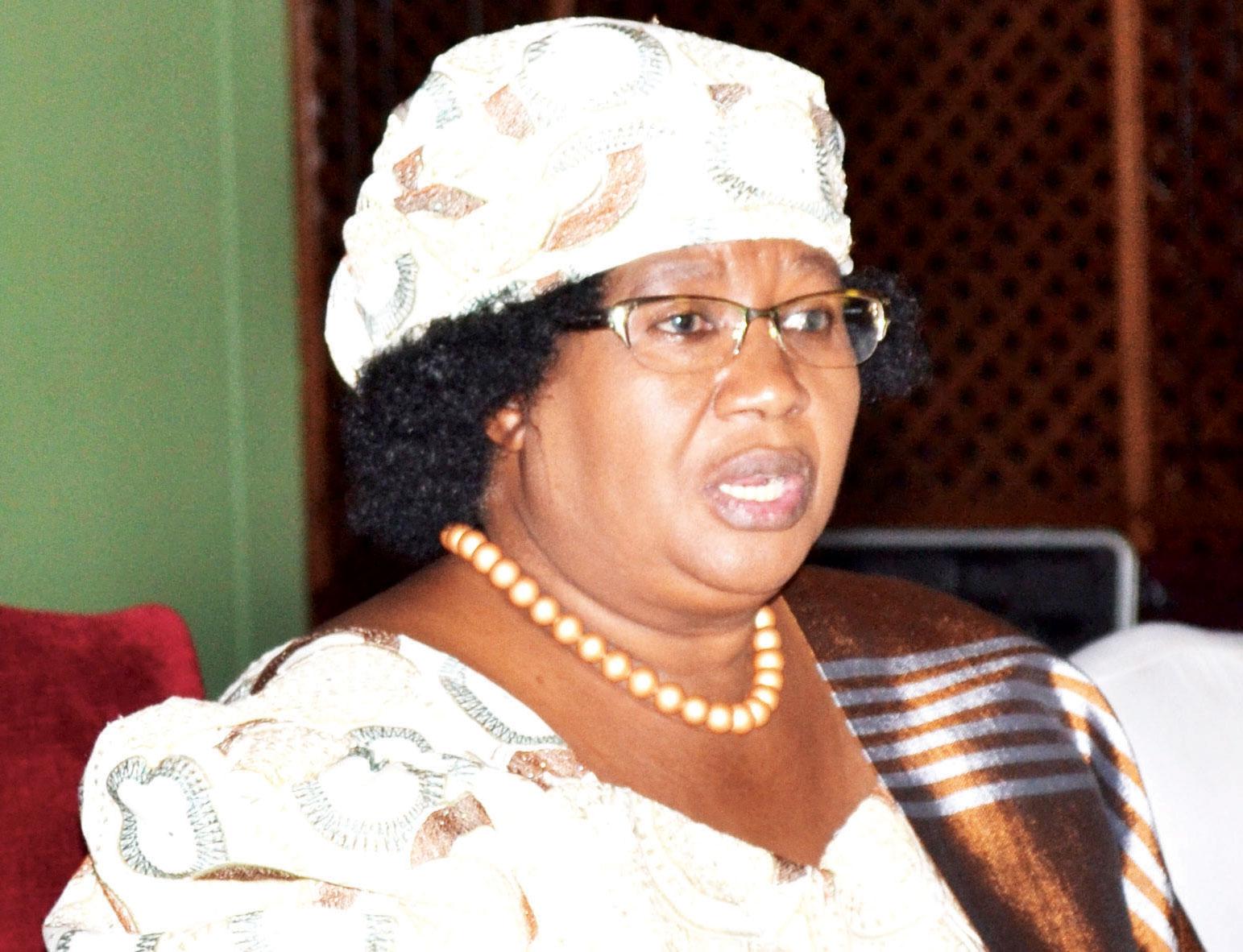Africa-Press – Malawi. United Kingdom (UK)’s Southwark Crown Court has ordered Glencore, one of the mining and commodity trading companies in the European country, to pay the Malawi Government K600 million over a 2012 fraudulent oil transaction.
Judge Peter Fraser ordered the company to pay the money after it pleaded guilty to bribery offences in June this year after Serious Fraud Office (SFO) – the UK government department that is in charge of investigating and prosecuting serious and complex bribery, fraud and graft cases—pressed the charge on it.
According to court documents The Daily Times is in possession of, the K600 million fine is part of the £281 million fine the company has been ordered to pay in seven bribery cases pertaining to its oil business in Africa.
In his ruling, the judge notes that what the UK company did amounts to corporate corruption on a widespread scale; in this case, after it deployed substantial sums of money in bribes.
“Corruption was deep-seated in the African oil trading operation of Glencore Energy UK Limited, wholly owned by FTSE 100-listed Glencore. Corruption attracts unprecedented penalty, fines, confiscation of profit,” the judgement, made on Thursday last week, reads.
The SFO told the court that Glencore’s staff and middlemen gave kickbacks to the tune of £27 million to officials in Nigeria, Ivory Coast, Cameroon, South Sudan and Equatorial Guinea and Malawi.
According to court documents, a company called Petroleos de Geneva S.A Limited was contacted by the Government of Malawi to administer a government-to-government crude oil deal for two years between Malawi and Nigerian Petroleum Corporation (NPC) in 2012.
The documents indicate that the company entered into the contract with the UK film but without any discount. Glencore undertook to sell the oil and pass 60 percent of profits to Nigerian companies, something the court described as corruption.
The court adds that such corruption took place for an extended duration across five separate countries in West Africa. During the court hearing, the SFO told the court that employees of Glencore moved bribes to the five countries by way of private jets, using false documents to conceal the real purposes of the money.
However, Clare Montgomery, who represented Glencore, told the court that “the company regrets the harm caused by these offences and recognises the harm caused, both at national and public levels in the African states concerned, as well as the damage caused to others”.
In 2012, the then-president Joyce Banda signed an executive order to allow Nigerian National Petroleum Corporation of Abuja to supply 45,000 barrels of oil per day under laws of the Federal Government of Nigeria.
Malawi faced a fuel supply crisis in 2012 after development partners chickened out on former president Bingu wa Mutharika. This was a culmination of Bingu’s decision to expel British envoy Fergus Cochrane-Dyet in April 2011 after he criticised his leadership as autocratic in a leaked diplomatic cable.
Cochrane-Dyet was given a formal letter of expulsion, a development the European Union Delegation to Malawi bemoaned. “The European Union believes that the decision of the Government of Malawi, which is apparently based on unconfirmed media reports and perceived criticisms of the government, is unjustified and inappropriate,” it said in a statement released in Lilongwe.
One of the consequences of the Malawi Government’s decision was a fuel shortage crisis of unprecedented levels. Ironically, the problem of fuel shortage is back, a development the Malawi Energy Regulatory Authority blamed on forex shortage last week. Malawi’s government is heavily dependent on foreign aid, with donor funding normally accounting for more than 40 percent of official receipts.
For More News And Analysis About Malawi Follow Africa-Press






